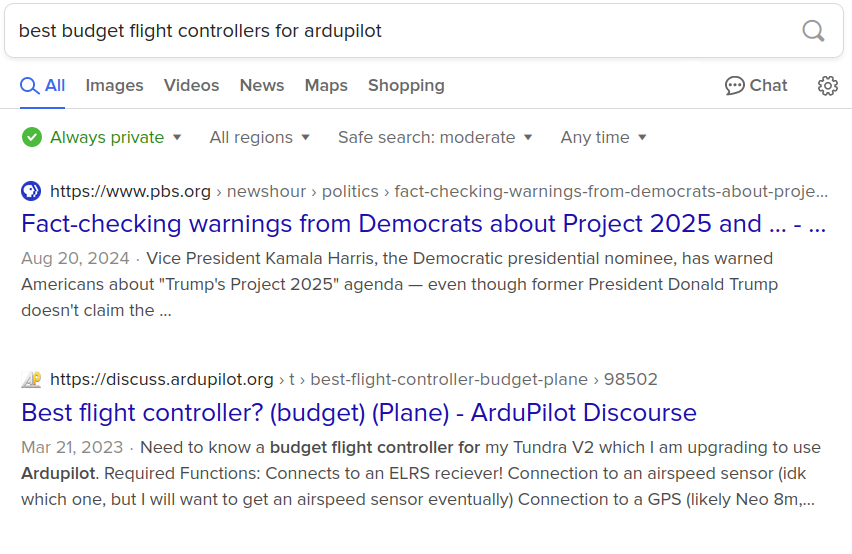If you think you've been seeing an awful lot more Reddit results lately when you search on Google, you're not imagining things.
The internet is in upheaval, and for website owners the rules of "winning" Google Search have never been murkier.
Google's generative AI search engine is coming from one direction. It's creeping closer to mainstream deployment and bringing an existential crisis for SEOs and website makers everywhere.
Coming from the other direction is an influx of posts from Reddit, Quora, and other internet forums that have climbed up through the traditional set of Google links.
Data analysis from Semrush, which predicts traffic based on search ranking, shows that traffic to Reddit has climbed at an impressive clip since August. Semrush estimated that Reddit had over 132 million visitors in August 2023. At the time of publishing, it was projected to have over 346 million visitors in April 2024.
None of this is accidental. For years, Google has been watching users tack on "Reddit" to the end of search queries and finally decided to do something about it.
Google started dropping hints in 2022 when it promised to do a better job of promoting sites that weren't just chasing the top of search but were more helpful and human.
Last August, Google rolled out a big update to Search that seemed to kick this into action. Reddit, Quora, and other forum sites started getting more visibility in Google, both within the traditional links and within a new "discussions and forums" section, which you may have spotted if you're US-based.
The timing of this Reddit bump has led to some conspiracy theories. In February, Google and Reddit announced a blockbuster deal that would let Google train its AI models on Reddit content. Google said the deal, reportedly worth $60 million, would "facilitate more content-forward displays of Reddit information," leading to some speculation that Google promised Reddit better visibility in exchange for the valuable training data. A few weeks later, Reddit also went public.
A Google spokesperson told BI: "Our agreement with Reddit absolutely did not include ranking its content higher on Search."
...
YouTube already has heaps of videos offering advice on hijacking Reddit to rise to the top of Google Search. One of the most popular videos right now teaches viewers to purchase abandoned Reddit accounts, seek out popular Reddit posts to post comments filled with affiliate links, and then artificially inflate their popularity using "upvotes" purchased from third-party websites. This way, they can feasibly rocket to the top of Google.
Lily Ray, vice president of SEO strategy and research for marketing agency Amsive, told BI she is concerned that Google is "shifting the burden" of monitoring abuse onto Reddit moderators. Neglected subreddits risk getting spammed with unhelpful or even false content.
Ray wrote on LinkedIn last week that she found an example of Reddit ranking prominently at the top of Google when she searched "How to lose 10 pounds in a week".
"A redditor suggested 'cutting your arm off,'" she wrote.
